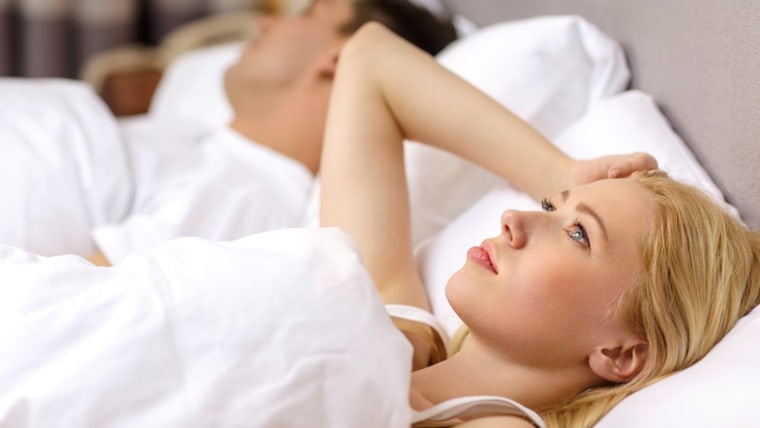That big decision is looming, so you decide to "sleep on it" first. But does that really help you make a better choice?
The common wisdom is that more sleep is always beneficial, but an experiment by a group of researchers from Harvard Business School finds that not only does it not help, but it can sometimes make the decision more difficult by providing more time for doubt or confusion to seep in.
The study, published in the Journal of Behavioral Decision Making, featured two different groups faced with the choice of entering a raffle where they could win only one of two computer bags. One group had to choose immediately and the other received a good night of sleep before making a decision.
RELATED: Snooze on your side? How your sleep position can impact your health
“Sleeping on a decision engendered more positive thoughts about the choice set,'' the researchers concluded. "It might be assumed that this would make people feel better about their choice and more interested in pursuing it. However, counter to predictions based on previous literature, as well as common assumptions, sleep failed to improve perceptions of decision quality and indeed seemed to make participants more reluctant to consider commitment to the preferred item (e.g., spending money to purchase it).”

RELATED: Sleep well, live well: Here's how much you really need each night
"Sleeping on it" can help people feel more positive about a decision, but not more confident about it, according to the researchers. Sleep has been proven to help people better perform cognitive tasks like problem solving and plenty of sleep is always recommended, but the team at Harvard finds that when it comes to a subjective decision, "sleeping on it" is not really going to change much.
Follow TODAY.com writer Scott Stump on Twitter.